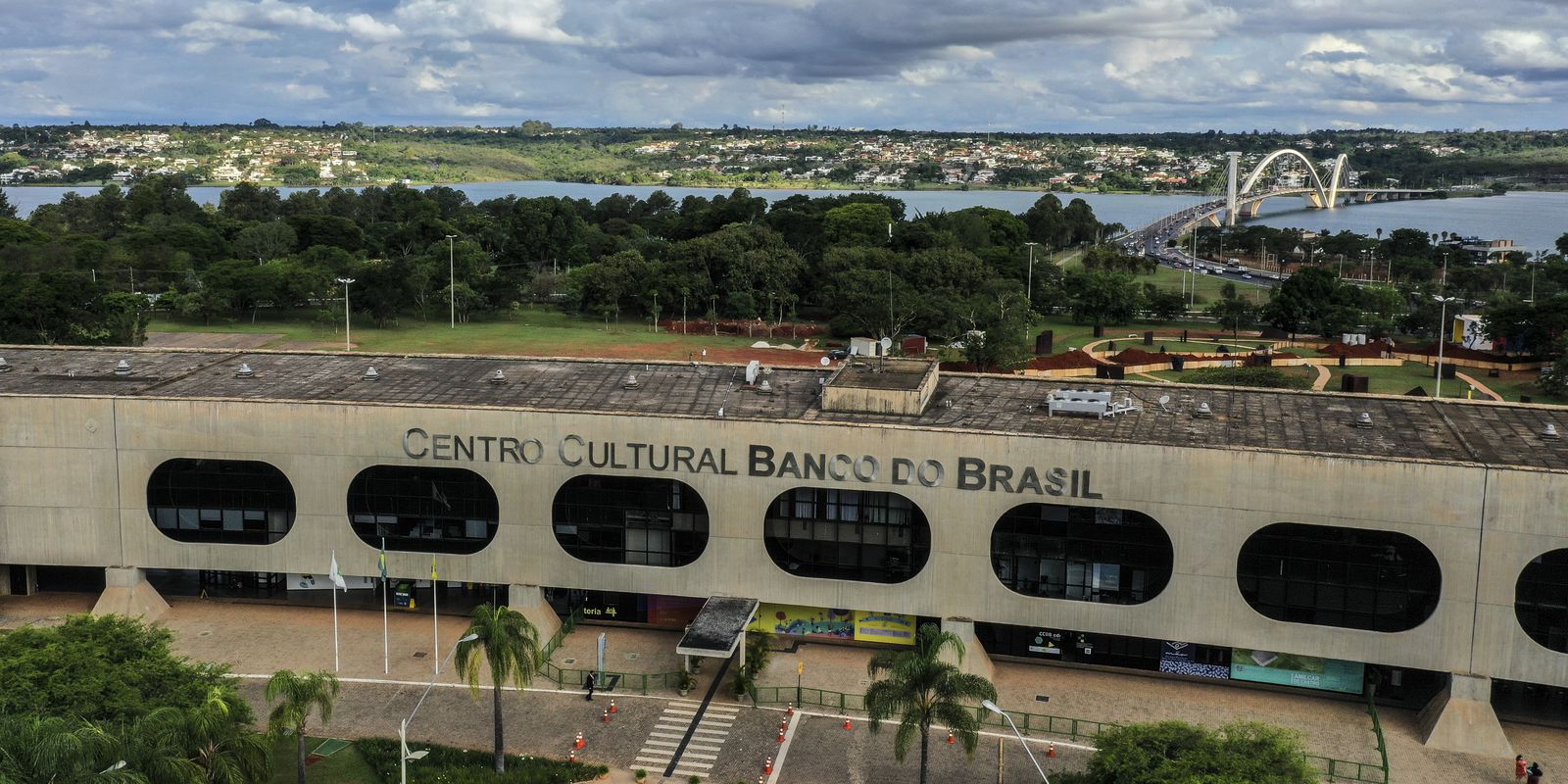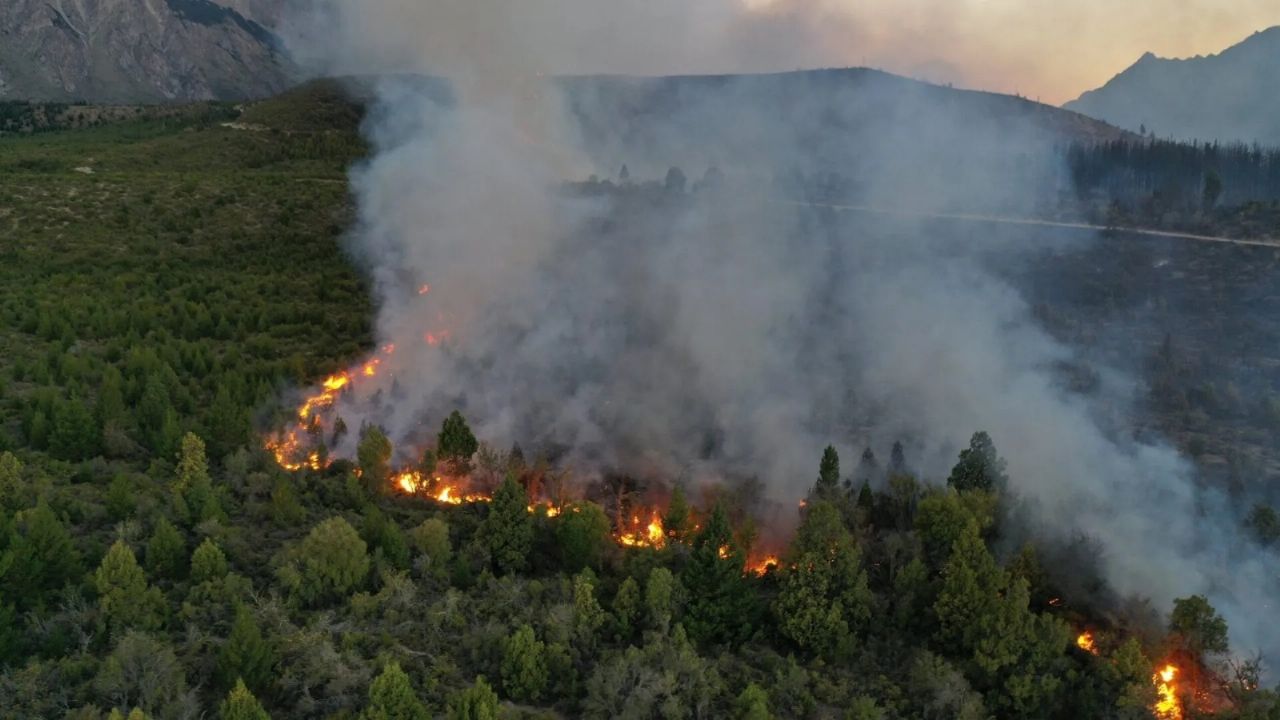About to present the final reports, the Transition Cabinet was the one that had the most participation from society and that saved money in the Budget, said president-elect Luiz Inácio Lula da Silva. He and the vice-president-elect, Geraldo Alckmin, presented statistics on the works carried out in recent weeks.
With 32 technical groups, the Transition Cabinet brought together 940 participants, the absolute majority being volunteers. At the same time, according to Lula and Alckmin, it had the lowest cost in history. Out of 50 available positions, only 22 were nominated.
“I think it was the most democratic transition ever made in the history of transitions. What really impressed me was the amount of volunteers and that we didn’t use the amount of money they offered for the transition”, said Lula.
General coordinator of the transition team, Alckmin said that the technical groups submitted 180 requests for information to the federal government, of which many were not answered. He also detailed the schedule for the coming week.
On Monday (12), the technical groups will close the reports. On Tuesday (13), there will be an acknowledgment ceremony, with the presentation of the final report.
According to Alckmin, the final report will have a diagnosis of each area, with an alert for the first months of government. The report will also have budget emergencies, suggestions for repeals, priority actions and structure proposals for each area.
“It was the most participatory and pluralistic transition we’ve had,” said Alckmin.
The working groups were divided into two councils, one for social participation, which brought together specialists and volunteers, and the other political, made up of parliamentarians.









